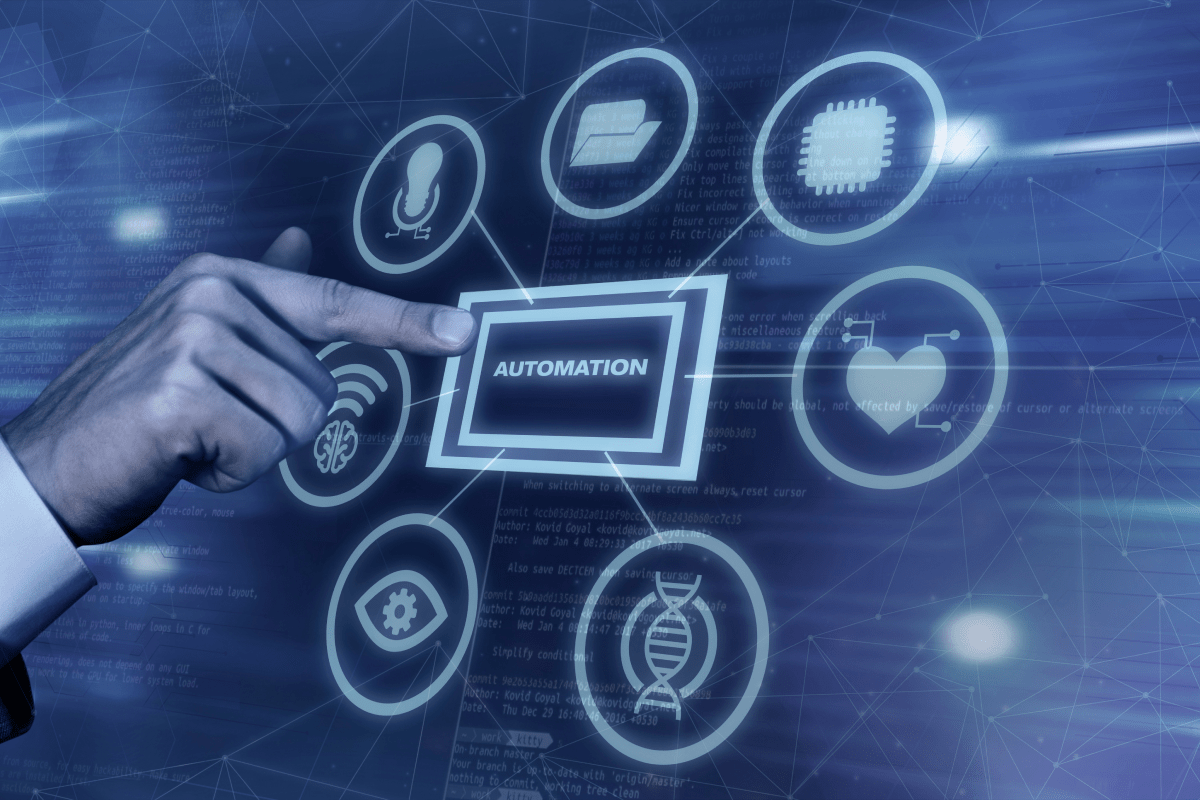In an increasingly digitized world, the ethical implications of business automation have rapidly become a hot topic. As companies strive to improve efficiency, reduce costs, and enhance customer experiences, automation technologies have taken center stage. While the benefits of these advancements are undeniable, the ethical implications merit close consideration.
This article dives deep into the ethical dilemmas posed by business automation, aiming to provide a balanced viewpoint and provoke thoughtful reflection among business leaders and decision-makers.
The Drive towards Automation
Before delving into the ethical dimensions, it’s crucial to understand why businesses are so keen on automation. The core reasons include:
- Efficiency and Scalability: Automation allows businesses to handle tasks that would otherwise be time-consuming and repetitive, freeing up resources for more valuable tasks.
- Cost Savings: Over time, automation can reduce labour costs and other related overheads.
- Precision and Consistency: Automated systems can work without human error, ensuring consistency and quality.
Job Displacement and Economic Inequity
One of the most debated ethical implications of business automation is job displacement. As machines and algorithms replace human roles:
- Loss of Employment: Many fear that widespread automation will lead to massive job losses, particularly for those in repetitive, low-skilled roles.
- Widening Economic Disparity: With the rich getting richer through automation investments and the working class facing job insecurity, there’s a potential for increasing economic inequality.
- Reskilling Challenges: Not everyone can easily adapt or reskill to the demands of an automated world. This creates barriers and can leave many behind in the job market.
Bias and Discrimination in Automated Systems
Automation isn’t devoid of human influence. Machines learn from data, which can sometimes be biased:
- Bias in Data: If the data used to train an algorithm has biases (racial, gender-based, etc.), the automated system will likely inherit them.
- Transparency Issues: Without clear insight into how algorithms make decisions, it becomes challenging to pinpoint and rectify biases.
- Reinforcing Stereotypes: Biased systems can perpetuate and even exacerbate existing societal stereotypes.
Dependence on Machines and Loss of Human Touch
Another ethical concern revolves around an over-reliance on automated systems:
- Depersonalization: Automated customer service, for instance, can strip away the personal touch that many consumers value.
- Skill Atrophy: Over-reliance on automation can lead to humans losing critical skills. This can be dangerous, especially in situations where human judgment is irreplaceable.
- Overdependence Vulnerabilities: Sole reliance on automated systems can lead to vulnerabilities. If a system fails or is hacked, businesses might find themselves paralyzed.
Privacy Concerns
With the rise of automation, data collection and analysis have surged:
- Data Misuse: There’s potential for misuse of personal and sensitive data, especially when there’s a lack of clarity about how data is used.
- Surveillance: Automated surveillance tools can lead to privacy infringements, raising questions about personal freedom and autonomy.
Environmental Impacts
There’s an environmental dimension to the automation debate:
- E-waste: Rapid tech advancements can lead to frequent updates and replacements, contributing to the global e-waste problem.
- Energy Consumption: Some advanced automated systems, like data centres for cloud computing, consume vast amounts of energy.
Inequality in Access to Automation
Access to the benefits of automation isn’t uniform:
- Digital Divide: Developing nations or underserved communities may lack the infrastructure or resources to benefit from automation, further widening global disparities.
Solutions and Forward Path
While the challenges are many, solutions are emerging:
- Ethical Automation Guidelines: Implementing a set of guidelines for ethical automation can help businesses navigate this terrain.
- Transparent Algorithms: Pushing for more transparent decision-making processes in automated systems can mitigate biases.
- Continuous Learning and Reskilling: Investing in continuous education can help the workforce adapt to the changing job landscape.
- Inclusive Automation: Ensuring that automation benefits are spread equitably across society can reduce disparities.
Conclusion
Business automation, like any major technological shift, brings with it a set of ethical considerations. While the allure of efficiency and cost savings is undeniable, it’s imperative for businesses to address the associated challenges head-on.
By fostering a culture of ethical reflection and continually re-evaluating the impact of automation decisions, businesses can harness the potential of automation without compromising on their moral responsibilities.









